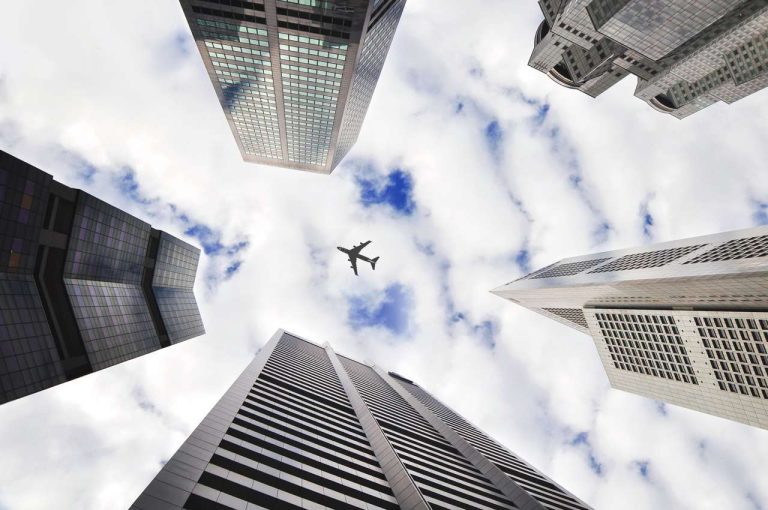In a landmark development for Pakistan’s gambling industry, Islamabad is set to become the location of the country’s first-ever legal casino slots. The government’s move to open a regulated casino marks a significant shift in Pakistan’s approach to gambling, which has traditionally been restricted by Islamic law. With the growing popularity of online gaming and a desire to boost tourism and economic growth, this move could lay the foundation for a new era of legalized gambling in the country.
Why Open a Legal Casino in Pakistan?
The decision to open Pakistan’s first legal casino, which will include slot machines, comes after years of debate over the economic and social benefits of such establishments. Several factors have contributed to the government’s decision to take this bold step:
1. Tourism and Economic Growth
One of the primary drivers behind the decision to legalize casino slots is the potential economic benefits. Pakistan’s tourism sector has long been underdeveloped, despite the country’s rich cultural and natural heritage. By introducing legal casinos, the government hopes to attract foreign tourists and high-net-worth individuals who enjoy gambling as part of their leisure activities.
The casino in Islamabad will not only provide an entertainment venue for tourists but will also create jobs, boost local businesses, and increase revenue through taxes and licensing fees. With neighboring countries like India and Afghanistan having casinos or gambling venues, Pakistan’s move can help capture some of the tourism traffic in the region, offering a unique experience for international visitors.
2. Control and Regulation of Gambling Activities
Until now, gambling in Pakistan has largely remained illegal, forcing gamblers to rely on unregulated informal casinos or online gambling platforms. The lack of oversight and regulation has led to problems such as fraud, gambling addiction, and lack of player protection. By opening the first legal casino, Pakistan aims to provide a regulated environment where gambling activities are monitored and players are protected.
The casino will operate under strict regulatory standards, ensuring that games, including slot machines, are fair, transparent, and legally compliant. This includes the use of certified random number generators (RNGs) to ensure that slot machines operate fairly and that winnings are paid out according to the law.
3. Growing Demand for Legal Gambling Alternatives
With the rise of online gambling, Pakistanis are increasingly turning to the internet to access gambling platforms. Many players are drawn to the convenience and variety offered by online slots and casino games. However, this trend has been largely driven by the lack of legal alternatives within Pakistan.
For the government, this presents an opportunity to regulate and tax the gambling market, which is currently thriving in an unregulated space. By offering a legal alternative in the form of a licensed casino, Pakistan can bring gambling into the fold of the formal economy, ensuring that both players and the government are protected from the risks associated with unregulated platforms.
4. Cultural Shifts and Changing Attitudes Towards Gambling
While gambling is generally discouraged in Islamic teachings, attitudes toward the practice are evolving in certain sectors of Pakistani society. The opening of a legal casino is a reflection of changing societal views, especially in urban centers like Islamabad, where there is growing openness to entertainment options previously seen as taboo.
For many, the idea of a legal casino offers a regulated space for those who wish to indulge in gambling while respecting national laws and customs. This shift in attitude is particularly evident in areas with high international exposure, where there is greater demand for world-class entertainment and leisure facilities.
Key Features of Pakistan’s First Legal Casino
The Islamabad casino is set to be a state-of-the-art facility, offering a range of casino slots and other gaming options within a highly controlled and regulated environment. Here’s what we can expect:
1. Casino Slots and Games
The casino will feature a wide variety of slot machines, ranging from classic 3-reel slots to modern video slots with advanced graphics and multiple paylines. These machines will be regularly audited to ensure they meet international standards for fair play and randomness. In addition to slots, the casino is expected to offer other popular table games such as blackjack, poker, and roulette.
2. Regulatory Oversight
The casino will operate under the supervision of Pakistan’s new Gaming and Betting Authority (GBA), which will oversee licensing, regulation, and compliance. Operators will be required to submit regular audits to ensure that they are adhering to the rules and regulations set out by the government. The GBA will also be tasked with enforcing responsible gambling practices, ensuring that players are aware of the risks and that gambling addiction is addressed.
3. Responsible Gambling Initiatives
As part of the regulatory framework, the casino will be required to implement responsible gambling measures, such as self-exclusion options, time limits, and spending caps. These initiatives are designed to protect players from developing gambling problems, with staff trained to recognize signs of addiction and intervene where necessary.
4. Security and Fairness
To ensure the safety and security of both players and the establishment, the casino will implement high-tech surveillance systems and security protocols. In addition, slot machines and other casino games will be regularly checked for fairness by independent auditors to ensure that all payouts are legitimate.
5. Exclusive Venue for Tourists and Locals
While the casino will primarily target tourists looking for entertainment, local residents of Islamabad will also be able to access the casino, albeit with strict age and identification checks. Only individuals who are 18 years or older will be allowed to enter the casino. To ensure that the venue remains an exclusive attraction for foreign and local visitors, strict dress codes and regulations will be enforced.
Challenges Ahead
While the opening of a legal casino in Islamabad represents a major step forward for Pakistan’s gambling industry, the move is not without its challenges:
1. Cultural and Religious Opposition
Despite the growing acceptance of regulated gambling in certain sectors, the opening of a casino in Islamabad is likely to face opposition from conservative religious and political groups. Many will argue that gambling goes against Islamic principles and can lead to social harm, including addiction and financial ruin. Balancing these concerns with the economic benefits of the casino will be one of the government’s key challenges.
2. Ensuring Security and Fairness
With the rise of online gambling, there is concern over how cybersecurity will be managed within the casino. The government will need to ensure that all gambling activities, both online and in-person, are secured from fraud, cheating, and cybercrime. As the casino expands, its ability to maintain security and integrity in its operations will be vital to its long-term success.
3. Regulatory Compliance and Taxation
Establishing a strong regulatory framework for the casino will be crucial to ensuring its success. The government must also be careful to strike the right balance between encouraging growth and generating revenue while ensuring that the industry remains socially responsible. Taxation, licensing fees, and consumer protection policies will all play a role in shaping the future of Pakistan’s legal casino market.
4. Tourism Infrastructure
To fully realize the potential of the casino, the government will need to invest in tourism infrastructure in Islamabad, including improved transportation, hotel accommodations, and entertainment options. The casino could become a focal point for attracting foreign visitors, but only if it is part of a broader effort to develop Islamabad as a premier tourism destination.
Conclusion
The opening of Pakistan’s first legal casino slots in Islamabad represents a bold and transformative step for the country’s entertainment and gambling industries. The decision to introduce regulated casinos is driven by the potential economic benefits, growing demand for legal gambling options, and the opportunity to attract foreign tourists to Pakistan.
While the move is likely to face cultural and religious resistance, the government’s focus on regulation, player protection, and economic growth could lay the groundwork for a more modern and responsible gambling landscape in Pakistan. The success of the Islamabad casino could serve as a model for other regions in Pakistan and potentially open the door for the further legalization of gambling across the country.
With careful oversight, responsible gambling initiatives, and a commitment to fair play, Pakistan’s venture into legal casino gambling could help foster a new era of entertainment and economic opportunity.


